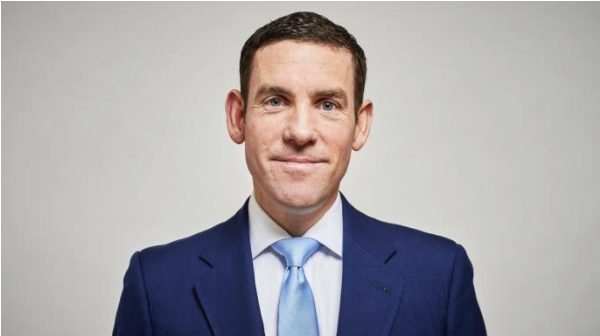Greensill’s downfall: Ripples of panic as flaw in shadow banking spin led to firm’s tragic end

It has been a week from hell for Greensill Capital. Just a year after Australian financier Lex Greensill sought a $7bn valuation, his boutique bank filed for administration this week as his lawyers appeared before a UK court on Monday.
What is likely to turn into the tragic end to what once was a City success story, is about more than just Greensill and his staff.
As one of the main sources of funding for steel magnate Sanjeev Gupta’s business empire, the collapse of the firm potentially puts at risk thousands of jobs in the UK steel industry.
Shockwaves
Apart from Gupta’s steel operations, the likely end to Greensill Capital is sending ripples of panic through financial and industrial circles who were dependent on its supply chain funding and the investment opportunities it provided, according to Susannah Streeter, senior investment and markets analyst at Hargreaves Lansdown in London.
“For companies reliant on its factoring service, the great scramble has begun to find other ways of covering the looming cavern in their finances. Those investors who had bought the debt sold on the market are now staring at potentially big losses,” Streeter told City A.M.
The writing was on the wall for Greensill Capital after its lost its credit insurance for the $4bn short term debt it had taken on for its array of customers around the world, from Australian construction and telecoms companies to the international steel business GFG Alliance, which owns the Liberty Steel group.
“GFG says it will find new channels of finance but it’s by no means a certainty, putting thousands of jobs at risk in its sprawling steel empire,” Streeter continued.
Shadow banking spin
Greensill Capital had put a shadow banking spin – as Streeter put it – on the traditional business practice of factoring.
Basically, a situation where suppliers sell at a discount the debt their customers owe to them to a third party who collects the full amount when its due.
“Greensill chopped up and repackaged that debt and sold it on the financial markets at a huge scale. But there was a flaw at the heart of the global operation,” she explained.
Greensill was hugely reliant on insurer providing cover for that debt and its withdrawal set in motion the slow financial train wreck of the past week.
“The crisis is like a microcosm of the securitised mortgage debt house of cards which triggered the financial crisis in 2008,” Streeter noted.
Now questions will be asked about why Greensill’s business partners stayed so reliant on the firm even after a number of warning lights began flashing.
“The number of clients defaulting on their debts began piling up last May, as it emerged it had provided funding for collapsed firms Brighthouse and NMC Health, which was the centre of an accounting scandal,” Streeter pointed out.
It also emerged that Gupta, as owner of GFG alliance Greensill’s largest client, had been a shareholder in Greensill.
The British tycoon has a debt pile of roughly £4bn, of which more than £3bn is owed to Greensill, it is understood.
Softbank’s role
Streeter is convinced Softbank’s role in particular is likely to come under scrutiny.
“Its backing of Greensill is yet another high profile investment, made by the Japanese conglomerate which has which has turned sour,” she said.
“Its Vision fund had already ploughed billions of dollars into a series of disappointing start-ups, not least We Work which was forced to cancel its IPO,” Streeter concluded.